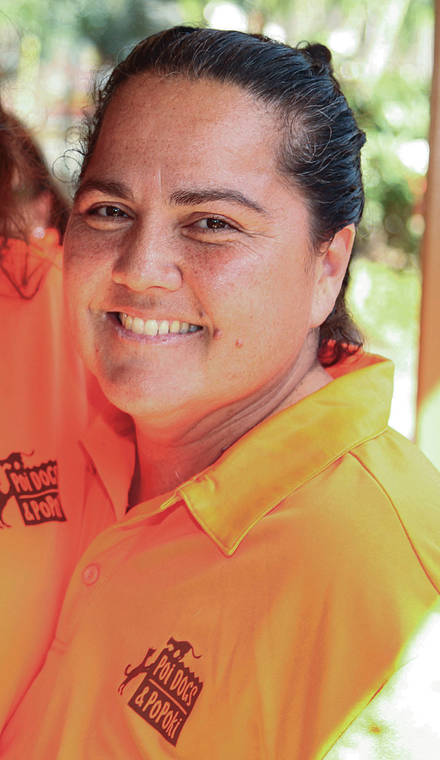The biggest problem with the Hawaiian Humane Society’s (HHS) position on “length of stay (LOS)” in Bill 59 is that it never considers kill rate — the number of animals that die at the HHS. Seven out of 10 animals die at intake and are never considered for adoption, so any discussion of LOS is moot.
Its subjective “adoptability test” of animals is convenient, inaccurate and lazy. The fluffy 10-pound dog and cute Siamese kitten will make it out to adoption. But the dirty pit bull and black cat are “dead animal walking.” Animals traditionally euthanized upon entry include those with treatable conditions like ringworm and mange, unweaned kittens and puppies, adult and feral cats, and senior and shy animals. Reducing euthanasia should be the focus.
HHS believes Bill 59, now before the City Council, is its solution for being able to place more pets up for adoption. But if they are euthanizing more than 16,000 animals per year, there are literally thousands of animals that merit a second chance at life.
Bill 59, which proposed to reduce LOS from nine to five days, would allow HHS to euthanize those animals sooner than later. And all that does is save it money from having to pay for longer boarding costs, which are reimbursed through its animal control contract with the city. The end game is the same. More animals die.
Some would believe that saving money is important because it will allow HHS to save more lives with those extra dollars. But with $33 million in cash reserves, it already has all the resources to do better.
Ironically, after the controversial departure of former CEO Lisa Fowler, the HHS board hired consultants to help them do better. And the first thing they came up with is a policy to kill animals sooner. The biggest problem with its LOS study is that it did not factor in the kill rate.
My group, Poi Dogs & Popoki (PDP), does support the mandatory microchip identification portion of the bill. But we use the online microchip registry of Found Animals, a nonprofit organization whose only mission is to return lost pets to their owners. The registry is free for the life of the pet, owners can update their contact information every time they move, and it allows neighbors to help reunite lost and found pets instead of using animal control.
The HHS, however, uses 24Hour PetWatch, a for-profit pet insurance company that charges for “membership” that also gives it the right to sell pet owner personal information. Bill 59 would require HHS to microchip every animal entering the shelter, which becomes a boondoggle for 24Hour PetWatch and smells of a quid pro quo.
Finally — Bill 59 would allow the HHS to increase its sheltering fee from $2.50 to $10 per day. Before passing a new law giving HHS a revenue windfall to expand its $33 million in reserves, the city should audit the bundled animal control contract which includes Neuter Now, Feral Feline Fix, and Feral Chicken contracts. This $5 million contract has not been audited since 1997. At a minimum, allowing a 300% increase in revenue for HHS should be offset by a reduction in the animal control contract. Otherwise it’s just a double dip.
PDP has requested an audit for years. Before giving HHS more money, make sure the taxpayer dollars it is getting is being used responsibly. Bill 59 is not about doing better for animals; it’s about doing better for HHS’ bottom line.
Alicia Maluafiti is founder/president of Poi Dogs & Popoki and a former director at the Hawaiian Humane Society.

